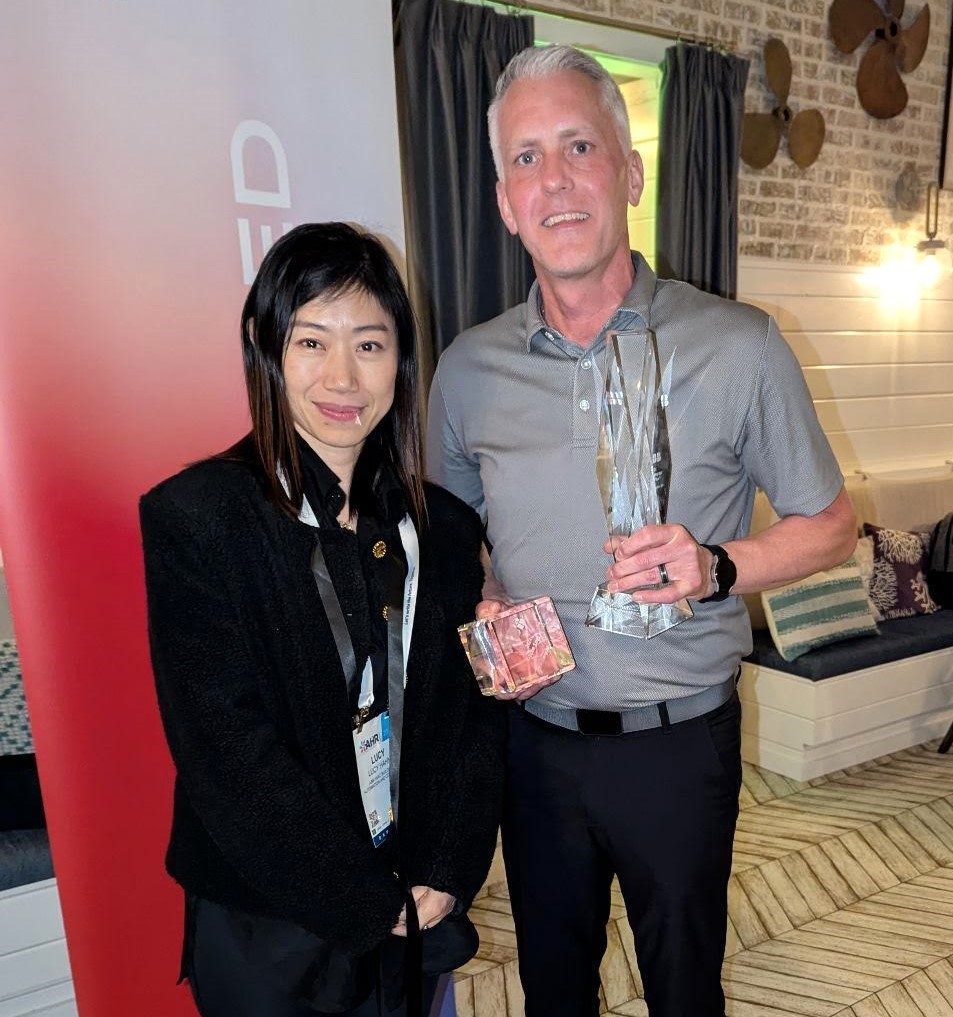Maintain safety and functionality of electrical, electronic, and communication systems in your industrial and commercial facility with updated NFPA 70B guidelines. Staying in the know about NFAP 70B and National Electrical Code (NEC) requirements can keep your facility safe and in compliance.
What does NFPA 70B say?
The updated NFPA guidelines, published in 2023, include updated language, marking a shift from a manufacturer’s recommendation of maintenance to noting an Electrical Maintenance Plan (EMP) is a formal plan facilities shall have in place moving forward. This new verbiage focuses on preventing risks or injuries through regular equipment maintenance, personnel training, and accurate documentation.
Who does NFPA 70B apply to?
The electrical code outlines regulations for the systems and equipment in industrial facilities, plants, commercial buildings, and multi-family residential buildings.
What equipment does 70B apply to?
The guidelines cover a wide array of specific equipment and devices commonly found in commercial and industrial settings. This includes but is not limited to switchgear, transformers, circuit breakers, motor control centers, busways, cables, and protective devices. While NFPA 70B does not include fabrication equipment, many of its components will have maintenance requirements. It is always recommended that thorough records of service and maintenance for individual equipment, including OEM build equipment, is kept to maintain NFPA 70B compliance.
What is the difference between standard and enforceable code?
A standard provides guidelines for safety and efficiency, while an enforceable code is backed by law and must be followed to ensure compliance. This distinction is crucial for maintaining electrical systems that meet safety standards and legal regulations. They are both written with “shall” language instead of “should” language, marking the shift from recommended to required.
What happens if I am not in compliance?
Non-compliance with industry standards and electrical codes is a serious risk and hazard for property damage as well as people’s safety. In addition, OSHA can cite and fine facilities who are found to be non-compliant.
Will 70B affect the design of projects, or just end users?
Designs do not need to be considered “compliant” with 70B during the planning and drawing stages. However, it is in the best interest of the system designer and planning team to consider the implications of 70B requirements, as it can affect different aspects of the design, including overcurrent protection, arc flash risk, lock out points, de-engerization, and more. Without a 70B-focused system, problems can occur later with equipment performance and maintenance.
Is condition-based maintenance required for NFPA 70B compliance?
Condition-based maintenance programs are not required within the codes, but can be used to meet requirements for interval-based maintenance if using predictive techniques. Electrical maintenance plans are required according to NFPA 70B, including equipment inspection, testing, monitoring, analysis, and service. Egan Company can help design a custom electrical maintenance plan for your facility and equipment that aligns with your service requirements and budget needs.
Are the new changes for NFPA 70B applied in National Electric Code (NEC) 2023?
The NEC 2023 edition outlines maintenance requirements, though they are non-mandatory to follow NFPA 70B. There is language included that sets 70B as the standard for electrical equipment maintenance, and it is highly recommended that the latest edition is followed when able.
Do individual facilities get to decide which year of the NEC and 70B they comply with?
While in some cases, facilities decide which year of the NEC they follow, the 2023 edition of NFPA 70B is the industry standard and should be adopted. Any previously published versions outlined recommended practices, whereas the 2023 edition shifts to required language. Egan recommends complying to the latest standards for all codes, or else risk safety hazards and liabilities.
What do electrical maintenance plans include?
Partnering with Egan Company makes it easy to stay up to code with NFPA 70B requirements. Our team utilizes state-of-the-art 70B software to promote the ease of electrical maintenance for commercial equipment and facilities looking for custom service plans that meet their budgets while staying compliant with local, state, and federal regulations.
Maintenance plans include:
- Electrical Apparatus Testing & Infrared Scans
- Electrical Maintenance Training
- Arc Flash/Coordination Studies
- Arc Risk Assessments
- Electrically Safe Work Conditions
- Documentation of Equipment and Service
- Equipment and facility alerts
- Maintenance tracking and record-keeping
- Condition logging
Learn more about electrical maintenance plans and how Egan can partner with you to keep you compliant with NFPA 70B standards and other NEC guidelines.


